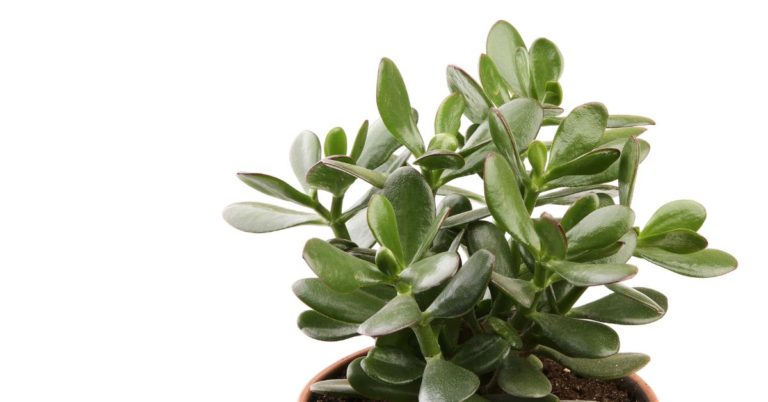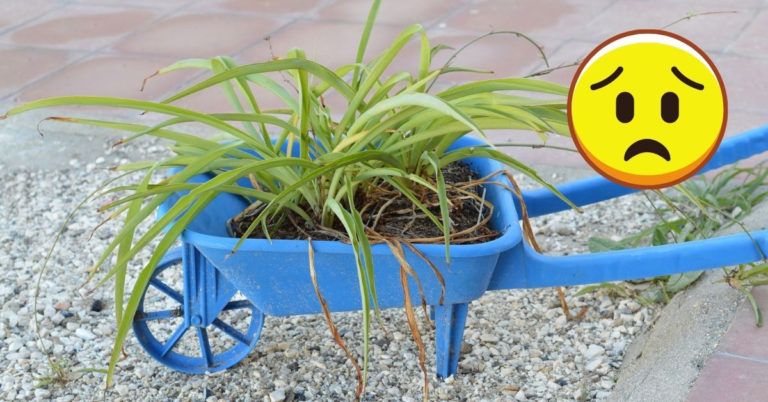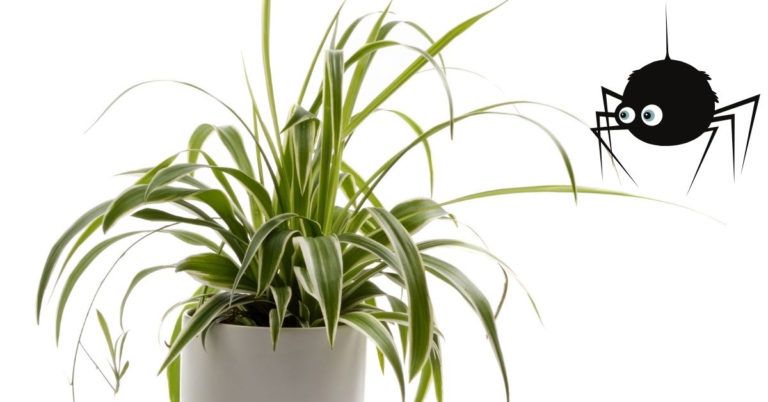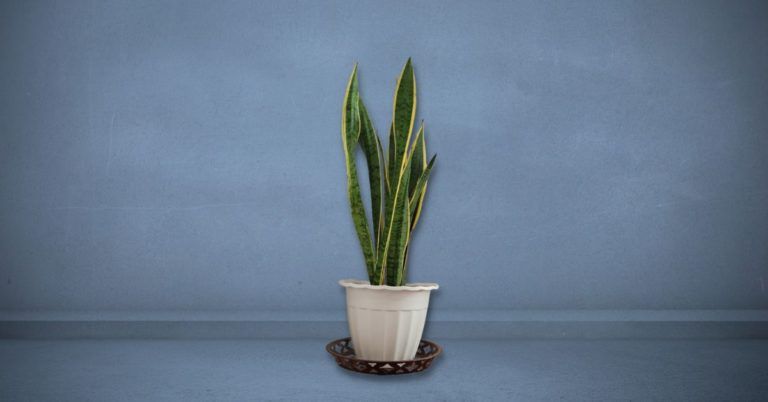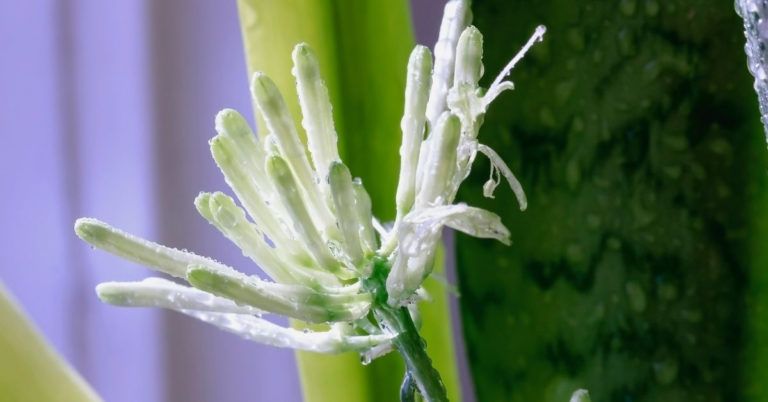Are Spider Plants Safe for Pets? (The Answer Might Surprise You)
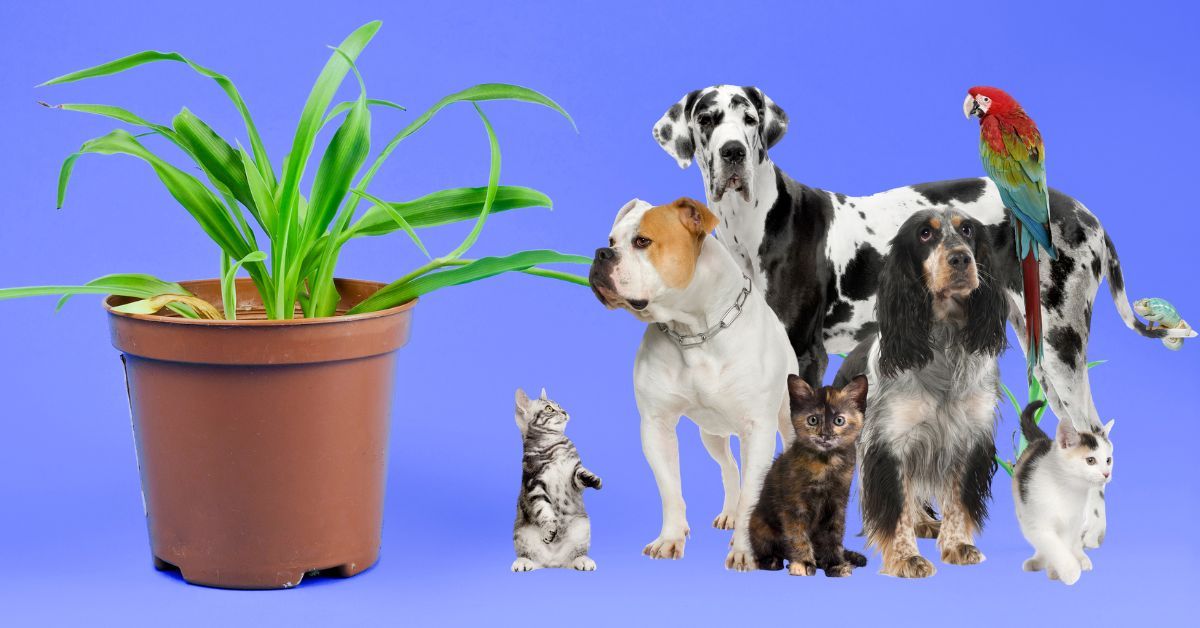
This is a question I get asked all the time, “Is my spider plant safe for my pets?”
The answer might surprise you.
Many plants in your home are safe for pets and have no ill effects on them.
These include spider plants, which do not contain any toxins that can harm pets if they eat or touch their leaves, flowers, or other parts of the plant.
We’ll go over whether spider plants are safe for your pets and what happens if your pet eats them.
Let’s dive right in.
Are spider plants pet-friendly?
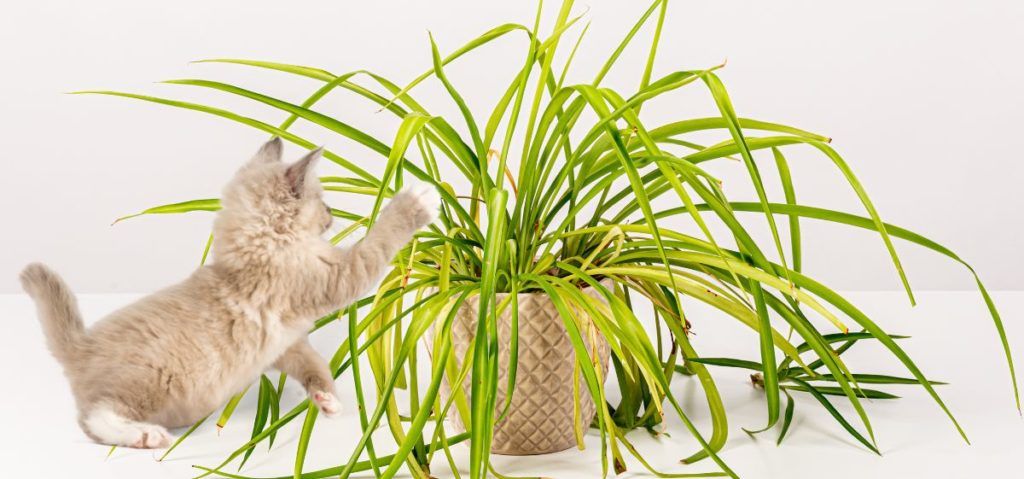
Most people know that spider plants are one of the easiest plants to grow, and they also make great additions to any home.
But what you may not know is that spider plants are also pet-friendly!
That’s right—these popular houseplants are non-toxic to both dogs and cats, so you can rest assured knowing that your furry friends can play with them without any risk of harm.
In fact, spider plants can even thrive in almost any home environment and don’t require a lot of attention.
So if you’re looking for a low-maintenance plant that’s safe for pets, the spider plant is a great option to consider.
Also read: Are Snake Plants Toxic to Cats? Find Out How to Keep Your Cats Safe!
What happens if a cat eats a spider plant?
If your cat has eaten a spider plant, you may be wondering what will happen next.
Thankfully, the plant is non-toxic to both dogs and cats, but it could still cause some problems if they eat too much of it.
The plant releases compounds that have an effect on cats and make them attracted to the plants.
Ingesting too much of the plant can cause gastrointestinal distress in cats, including loose or watery faeces.
If this happens, take your cat to the vet as soon as possible.
Although eating a spider plant is not deadly for cats, it could still be harmful if they consume too much of it.
If your cat experiences any kind of gastrointestinal distress after eating the plant, take them to see a veterinarian right away.
If your cat eats a spider plant, it will most likely not die.
However, if too much of the plant is ingested, your cat may be in danger.
Symptoms of gastrointestinal distress can include loose or watery feces.
If you think your cat has eaten too much of a spider plant, take him to the veterinarian as soon as possible.
Is it safe to let my pet eat a spider plant?
Yes, you can let your pet eat a spider plant without causing any harm.
There is no risk to your pet from eating a spider plant.
In part, this is due to the spider plant’s reputation as a pet-friendly plant.
However, you should be aware that spider plants should not be fed to pets.
If your pet happens to consume a toxic plant, call your vet or the Pet Poison Helpline
Be sure to note that it’s important to know the scientific or botanical name of any plant you intend to use.
What should I do if my pet ingests a spider plant?
If your pet has ingested a spider plant, the best thing to do is call the vet and provide as much detail as possible.
The ASPCA states that spider plants are not toxic to pets, but eating one can cause vomiting or other side effects in your pet.
If you suspect your pet has eaten a spider plant, it’s best to be cautious and seek advice from your veterinarian.
Spider plants don’t pose a direct threat to dogs and cats but should be kept out of their reach if they’re not familiar with them.
That way, there’s no risk of them eating any part of the plant and potentially getting sick.
Why do spider plants get cats high?
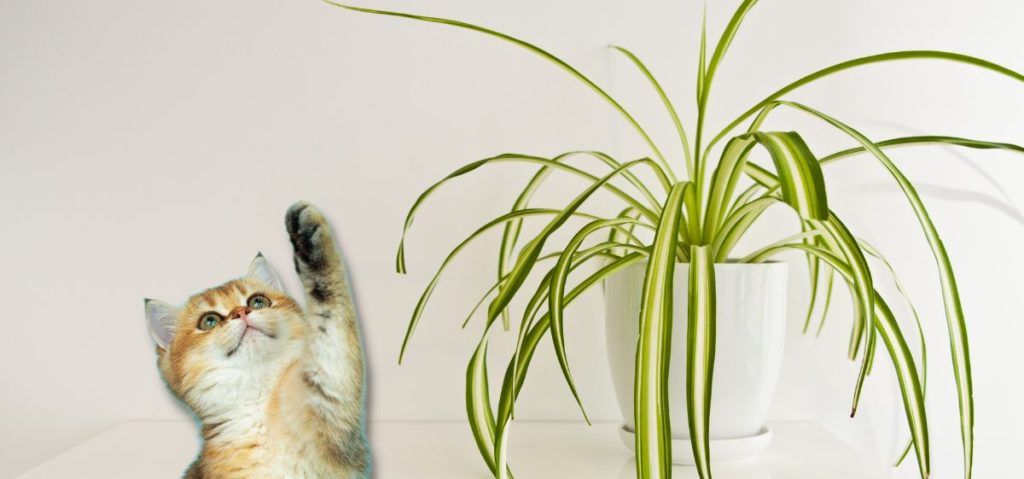
Some people may be surprised to learn that spider plants can get cats high.
The reason for this is because the plants produce compounds which mimic opium.
This means that when cats eat the plant, they feel a sense of euphoria and relaxation.
Interestingly, cats get their high from spider plants because they resemble grass.
Cats eat grass to settle their stomachs, and so they are drawn to these plants as well.
When it comes to your pets, it is important to be aware of the possible side effects that some houseplants may have!
How can I tell if my pet is allergic to spider plants?
If you’re not sure whether or not your pet is allergic to spider plants, there are a few ways to find out.
One way would be to watch how your pet reacts when it’s around the plants.
If your pet starts scratching more than usual, has watery eyes, sneezing, or coughing, then it’s likely that your furry friend is allergic to the plants.
You can also take your pet to the vet and have them do a skin allergy test.
This will help determine if there is an allergy and what kind of allergy it may be.
Even though some pets might be allergic to spider plants, this doesn’t mean that you have to get rid of them from your home altogether!
Just make sure that you keep the plants in an area where your pet can’t reach them, or else they’ll end up getting sick.
Can I grow a spider plant indoors with my pet?
Yes, you can grow a spider plant indoors with your pet.
In fact, the “Spider Plant” is one of the most recognized plants for pets.
It’s easy to care for and loves bright light. It’s a top seller—often given as gifts or grown indoors with pets
Also read: Are Spider Plants Toxic to Birds? (Answered)
What else should I know about spider plants and pets?
Yes! Although spider plants are non-toxic, they can still make your pet feel sick if they consume too much.
Additionally, you should monitor any children and pets who have allergies to the plant in case of a reaction.
If you keep your spider plant in a high place and your kids in the house, there won’t be any contact between them.
However, if you have other types of pets that may come into contact with the plant, it’s important to be aware of these potential risks.
Conclusion
So, there you have it. Are spider plants safe for pets?
The answer is a resounding yes! Spider plants are pet-safe because they contain no toxins that can harm animals if they eat or touch their leaves or flowers.
With that said, it’s always a good idea to err on the side of caution and keep an eye on your furry friend the first time they encounter a spider plant.
If you have any concerns, be sure to consult with your veterinarian.
And, as always, comment below to share your experience.
Keep in mind that we have a spider plant care guide to assist you in caring for your new green companion.
Until then, happy gardening!
